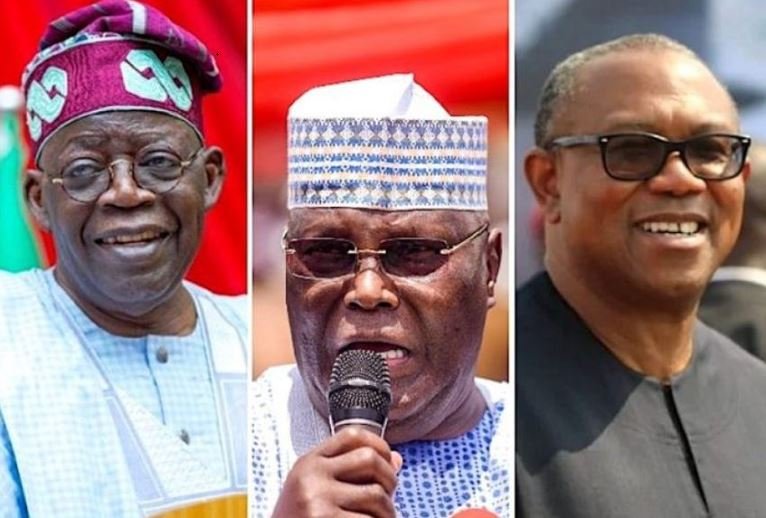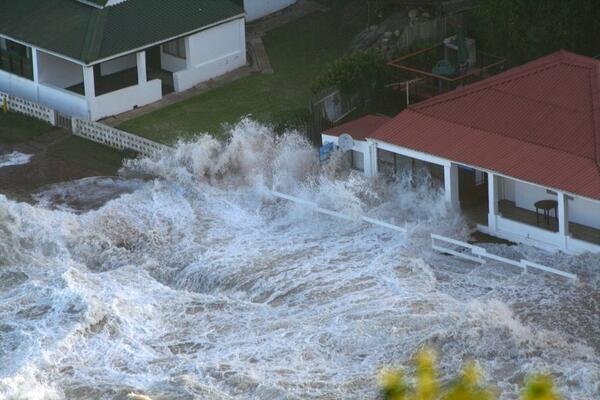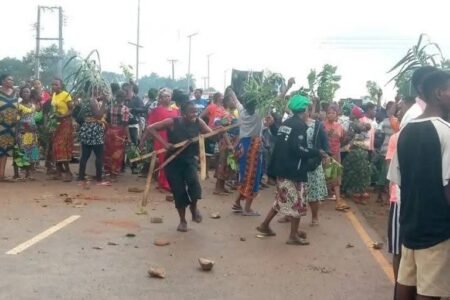The Supreme Court has reserved its decision on the appeal filed by Mr. Peter Obi, the Labour Party’s presidential candidate, challenging the outcome of the February 25 presidential election.
After all parties had presented their arguments, a seven-member Supreme Court panel chaired by Justice Inyang Okoro scheduled the matter for judgement.
Obi and the Labour Party, represented by Dr. Livy Uzoukwu, SAN, petitioned the court to uphold their appeal and reverse the decision of the Presidential Election Petitions Court (PEPC), which dismissed their plea. The Independent National Electoral Commission (INEC), President Bola Tinubu, and the All Progressives Congress (APC), on the other hand, sought the court to dismiss the appeal for lack of merit.
The panel has stated that the judgement date would be communicated to all parties. Obi, who finished third in the race, contended in his 51-point appeal that the PEPC panel erred in law and reached an incorrect decision when it dismissed his plea. He contended that by failing to name the polling stations where anomalies occurred during the election, the panel erroneously analysed the information he submitted, resulting in a miscarriage of justice.
Obi and the LP also chastised the PEPC for dismissing their petition because they could not identify the number of votes or scores allegedly tampered with in favour of President Tinubu and the APC. They accused the PEPC, chaired by Justice Haruna Tsammani, of committing legal errors by relying on paragraphs 4(1)(d)(2) and 54 of the First Schedule to the Electoral Act 2022 to strike out sections of the petition.
Obi claimed that the lower court breached his right to a fair hearing and that his witnesses’ evidence was mistakenly dismissed as defective. He complained to the Supreme Court that the panel had wrongfully disregarded his argument that INEC had submitted 18,088 unclear results to its IReV platform.
Furthermore, Obi claimed that the lower court ignored his claim that certified true copies of documents issued by INEC to his legal team contained 8,123 blurred results, including blank A4 papers, pictures, and images of unknown individuals, falsely representing them as CTCs of presidential election polling unit results.
Obi contended that the court below erred in law and caused a miscarriage of justice by holding and concluding that he had failed to substantiate charges of corrupt practises and over-voting. He contended that the lower court erred in dismissing his argument that INEC violated its own regulations by refusing to electronically submit election results from polling stations to the IReV utilising the legal theory of estoppel.
“The petitioners provided credible and substantial evidence, both oral and documentary, that demonstrated substantial non-compliance with the Electoral Act 2022 by the Respondents in conducting the election,” the appellants stated. The court below missed the fact that the Respondents failed to refute the petitioners’ evidence of substantial noncompliance.”
Furthermore, Obi argued that the Presidential Elections Petitions Court (PEPC) had ignored evidence indicating President Tinubu had previously been prosecuted and fined $460,000 in a drug-related case in the United States.
According to legal terminology, he also contended in his appeal that the application of a fine is not limited to a criminal conviction but also includes civil forfeiture.











